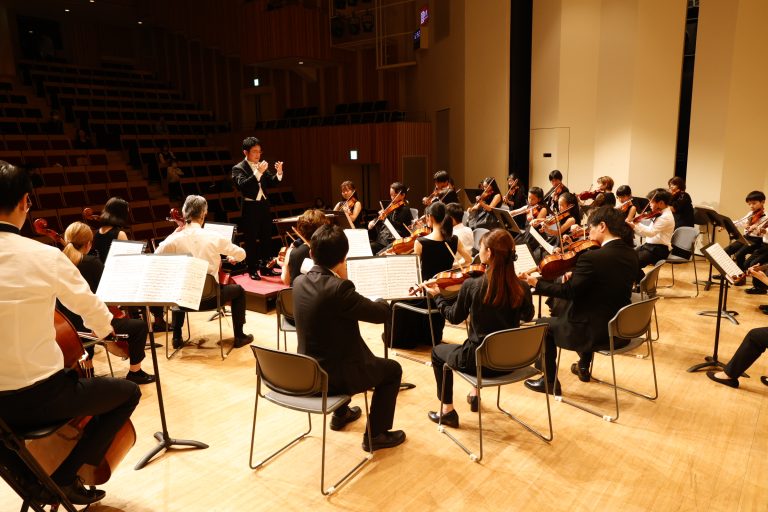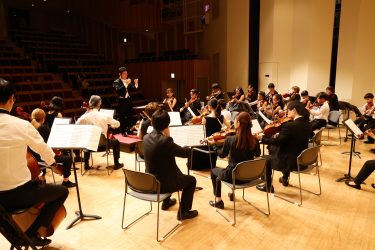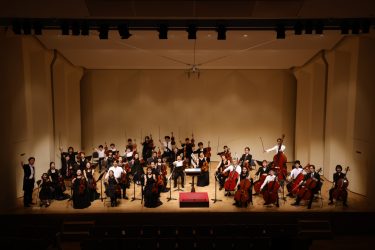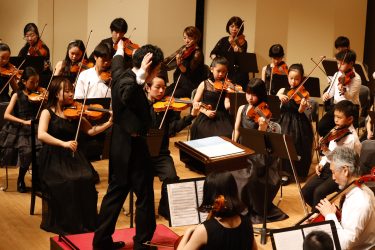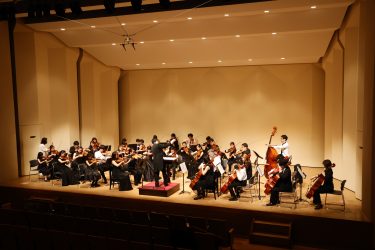As young violinists, violists, or cellists begin their musical journey, they often engage in an intimate duet with their parents, their first audience. This partnership might sometimes sound like a symphony, and other times, more akin to a discordant cacophony. The pressures and difficulties of mastering an instrument can lead to disagreements and frustration, even tears. But the struggle need not be a solo performance. Enter: the Youth Orchestra.
Youth Orchestras offer a fantastic platform for young musicians to learn and grow in a supportive environment, which not only reduces the stress on the family but also presents students with a unique opportunity to develop ensemble skills. These are essential for any musician, regardless of the instrument they play.
Learning to play a string instrument is a complex process, involving a diverse array of skills from muscle coordination and ear training to note reading and understanding the language of music. When practicing alone or with a private tutor, the focus is often on individual performance and technique. While this is critical to mastering the instrument, it does not encompass all the skills required to become a well-rounded musician.
In contrast, participating in a Youth Orchestra introduces students to ensemble skills that only collective performance can teach: harmony, rhythm synchronization, balance, dynamics, and listening skills. It also encourages the development of non-musical abilities like teamwork, responsibility, discipline, and leadership.
- Harmony and Rhythm Synchronization: In an orchestra, every musician needs to be in sync with each other, not only in rhythm but also in the pitch. This fosters a keen sense of timing and intonation that private practice alone cannot instill.
- Balance and Dynamics: Being part of an ensemble requires musicians to understand the importance of balance. A loud violin cannot overpower a gentle cello, nor a robust viola eclipse a subtle violin. Orchestra participation teaches young musicians to listen to and respect the dynamics of their fellow players.
- Listening Skills: An orchestra is an ecosystem where musicians need to listen to each other attentively. It’s not just about playing your part right; it’s about blending your sound with the collective.
- Teamwork, Responsibility, Discipline, and Leadership: Youth Orchestra is a team endeavor that teaches responsibility (every musician is vital), discipline (regular practice and punctuality), and leadership (section leaders). These are skills that will prove invaluable in all aspects of life.
For families, the benefits of youth orchestras extend beyond musical skills. The discipline of regular practice and performance schedules, the camaraderie of fellow musicians, and the shared purpose can transform the parent-child dynamic from adversaries to cheerleaders. Instead of being the ‘bad guy’ enforcing practice, parents can become supportive allies, celebrating their child’s musical journey.
Moreover, the sense of achievement that students gain from performing with their peers in an orchestra can’t be underestimated. Participating in a public performance, after weeks or months of hard work, is rewarding and a fantastic boost to their self-esteem.
In conclusion, while private instruction provides a solid foundation for technical prowess, participation in a Youth Orchestra helps nurture a holistic set of musical and personal skills. It eases the tension between students and parents, offers a platform for the development of ensemble skills, and above all, allows young musicians to experience the joy and camaraderie of making beautiful music together. It’s time to put down the dueling bows and pick up the baton of harmony!

